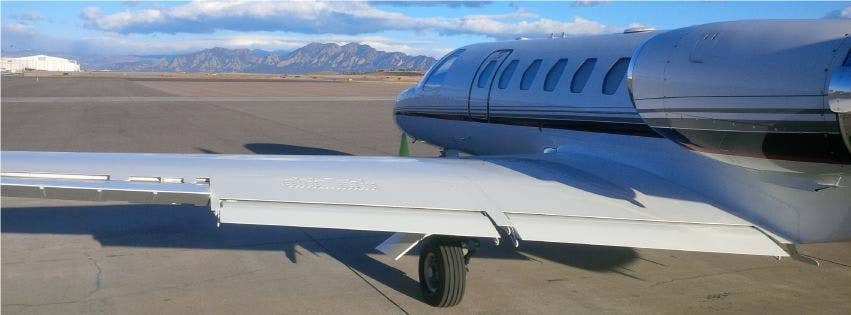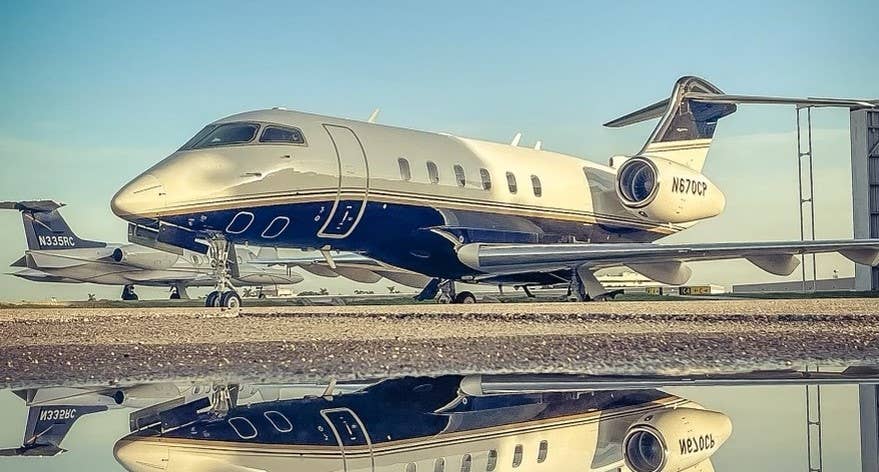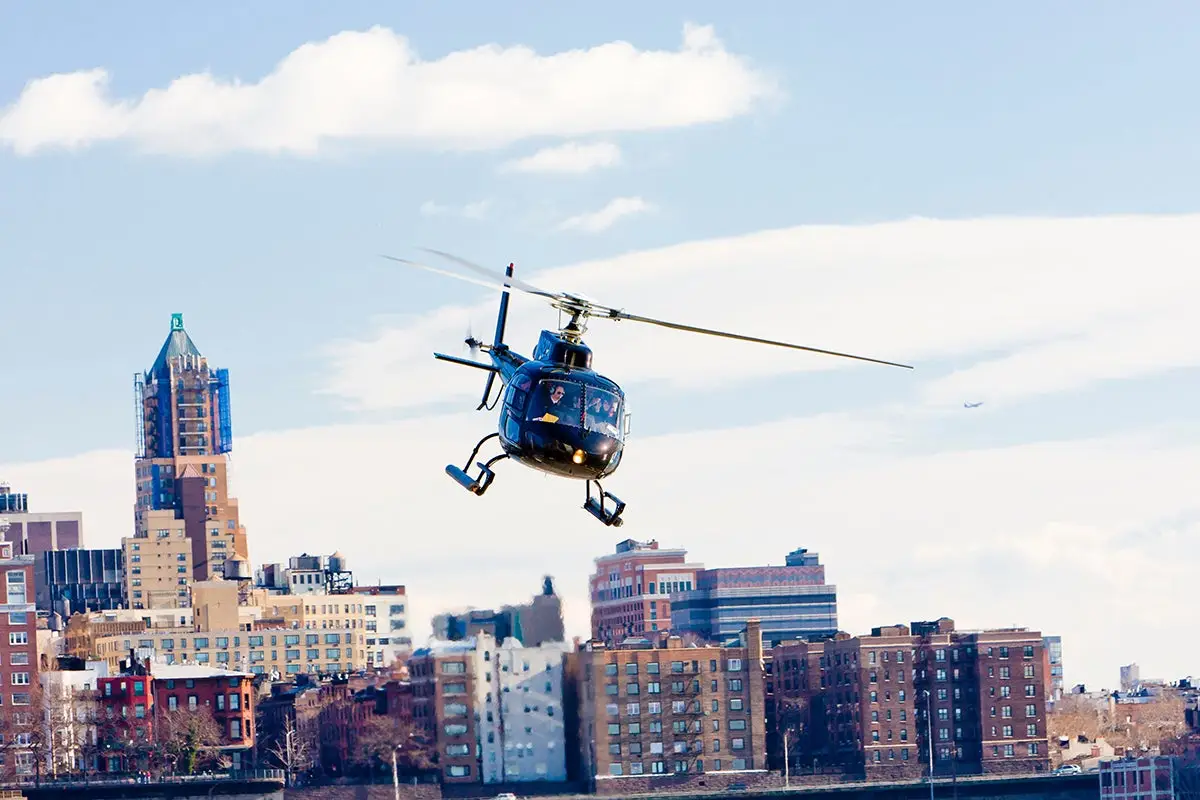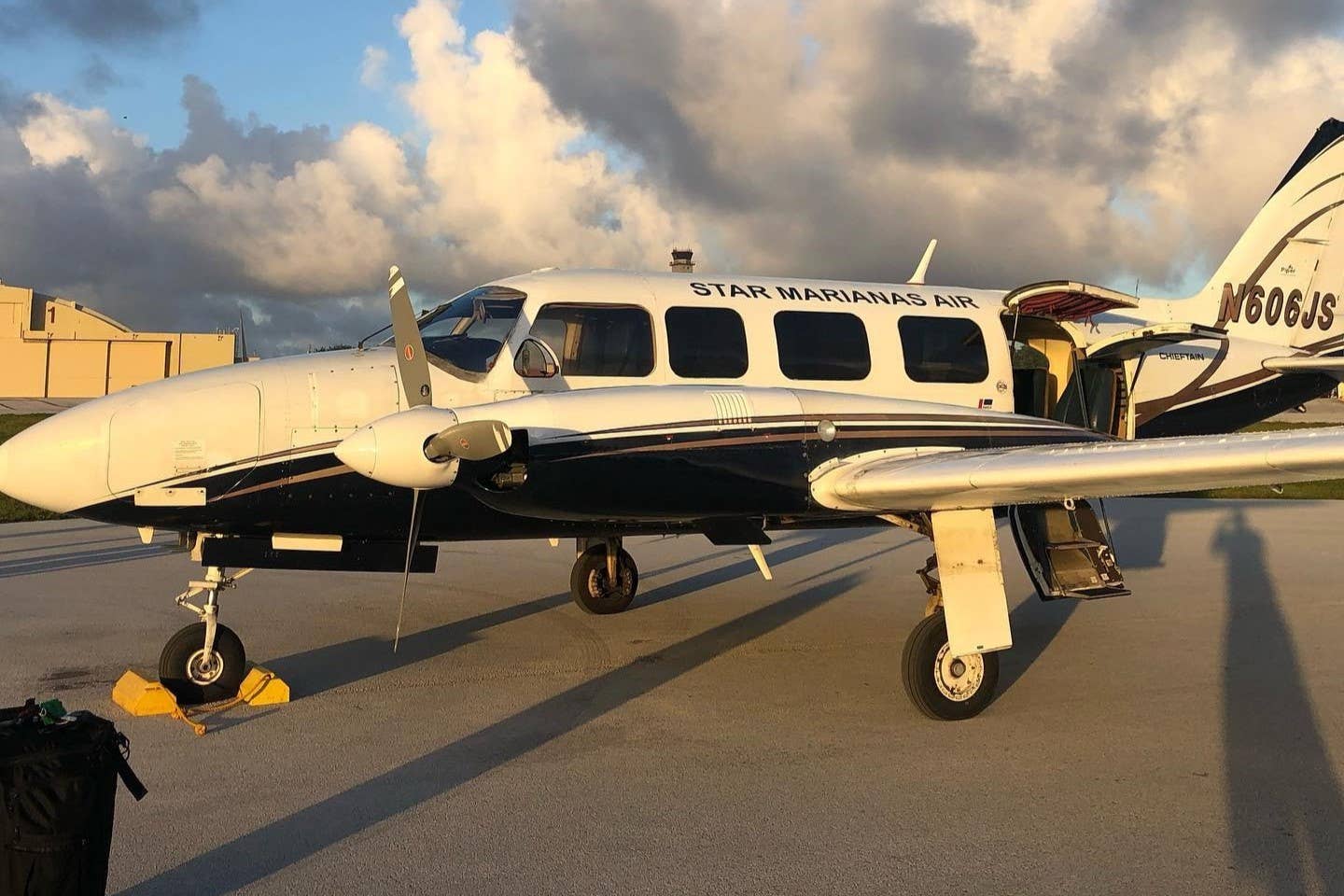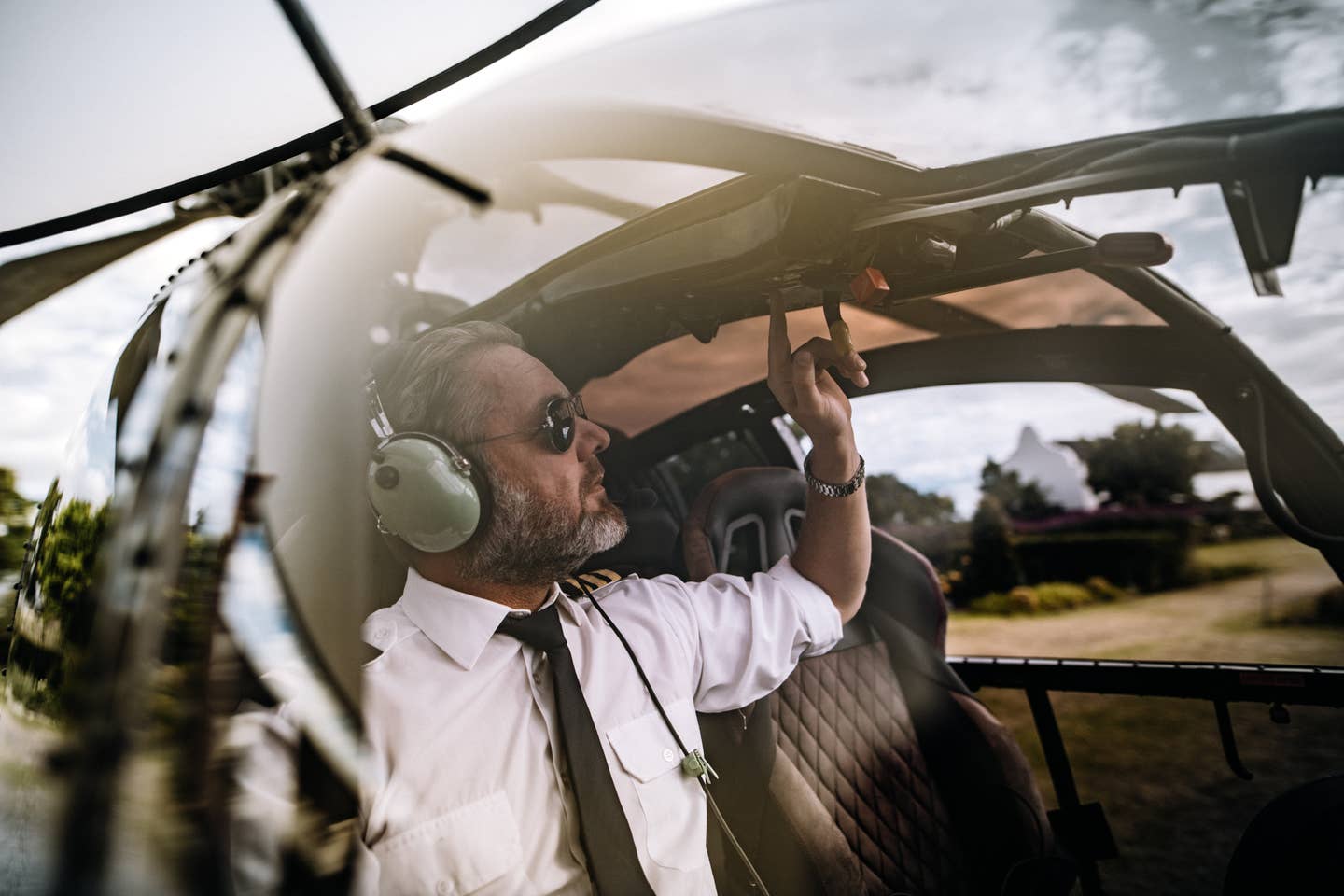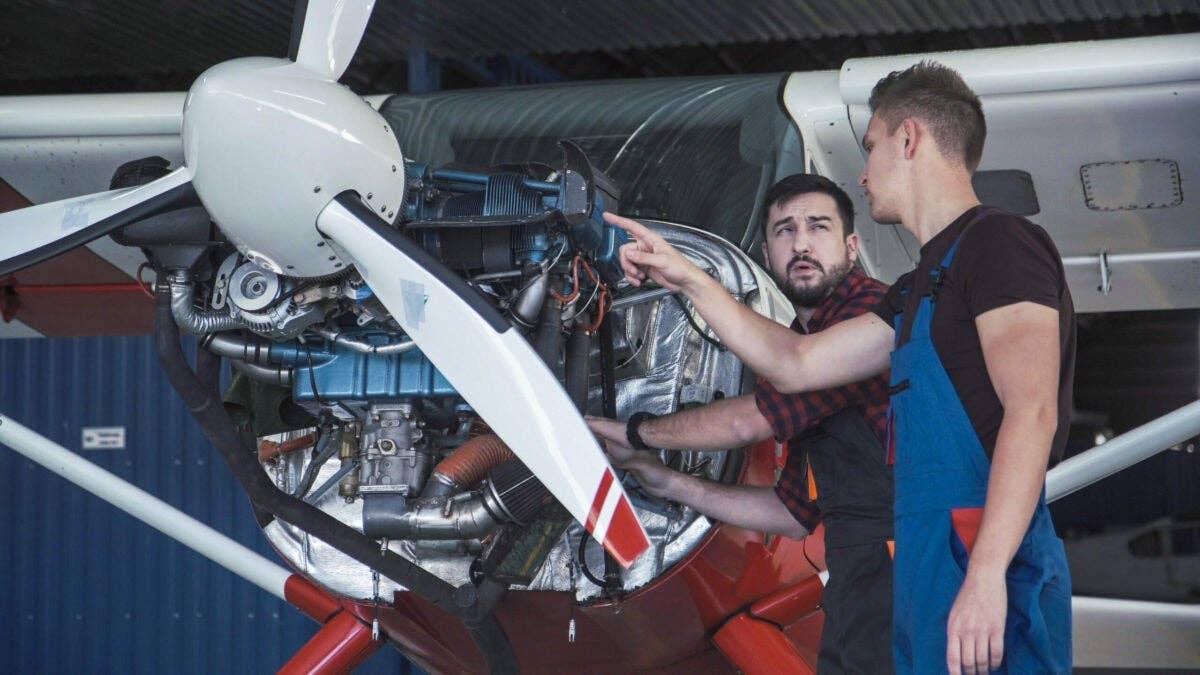
Launch of a UAS from the U.S. Army Yuma Proving Grounds Courtesy of Sgt Guadalupe M. Deanda III/ U.S. Army Yuma Proving Grounds
Are you thinking about taking a new direction in your aviation career? Do you want to join a new field with untapped opportunity? Unmanned aerial systems may provide the path you're looking for. With degrees now offered at more than 50 accredited colleges worldwide, UAS is the next big thing in aviation studies. Here's how you can get in on the action.
Job Description: UAS (unmanned aerial systems) will have wide use in fields ranging from agriculture and delivery services to telecommunications and first response, far exceeding their current primary use in military applications. Working in this dynamic field, you'll utilize all of the disciplines and expertise required across the conventional aviation world while developing new capabilities to fill "jobs we haven't even thought of," says Michael Toscano, president and CEO of the Association of Unmanned Vehicle Systems International (AUVSI). "This is revolutionary technology and it's going to change the world."
Skills required: Engineering skills with an emphasis on guidance and control, communication, and autonomous behavior are in demand. So are operational skills in both conventional and unmanned systems. "The flight characteristics are slightly different with the higher power-to-weight ratios of small system engines, but aerodynamics are aerodynamics," says Alex Mirot, a former U.S. Air Force C-130 pilot who switched to commanding RPAs (remotely piloted aircraft) so he could operate a platform "where I wouldn't be gone from home as much." He's now an assistant professor and program coordinator for UAS studies at Embry-Riddle Aeronautical University (ERAU).
Getting Training and Education: Universities with programs recognized by the Accreditation Board for Engineering and Technology, often housed within mechanical engineering or robotics departments, offer requisite training. In addition, some 50 colleges worldwide offer B.S. degrees in UAS operations. These include ERAU, which also offers a Masters Degree in Autonomous Vehicles and has an ATC lab than enables students to practice virtual operations of UAS in controlled airspace. Dozens of colleges offer courses in autonomous vehicles accredited by the Aviation Accreditation Board International.
Who's Hiring: Most current jobs are in defense contracting and in commercial operations outside of the United States, supporting industries including agriculture and oil and gas. A few movie companies and other operators in the United States have gained FAA exemptions to operate commercially, and the proposed rules the agency has published governing operations of small UAS are a step toward their anticipated integration into the National Airspace.
Career Prospects: Plans like Amazon's UAS delivery service and UAS-based web connectivity platforms hint at the field's bright future. A 2013 economic impact study from AUVSI cited projections of 70,000 new jobs within three years of UAS integration into U.S. airspace simply to handle the merger, once it commences. The organization anticipates 100,000 jobs in UAS manufacturing alone within a decade of airspace integration. Wide use is also expected in what Toscano calls "The Four Ds: dirty, dangerous, difficult and dull jobs," such as firefighting, natural disaster relief, and pipe- and powerline patrols. "In all of these situations, customers will pay a lot to get those jobs done more effectively, efficiently and safely."
Salaries: An AUVSI economic report finds UAS engineering salaries start around $55,000 per year, with the potential to increase to $100,000 annually or more. UAS operators' annual salaries typically start between $45,000 and $65,000, Mirot says, and can be considerably higher if stationed overseas.
Additional Benefits: Along with perks associated with prized professional positions, "You'll be on the ground floor of a new way of doing things," says Mirot, while Toscano notes the rewards include providing the world with "almost unlimited potential in saving costs, saving time, and more importantly, saving lives."
For more, check out this career spotlight video of a UAS Research Pilot.

Sign-up for newsletters & special offers!
Get the latest FLYING stories & special offers delivered directly to your inbox

